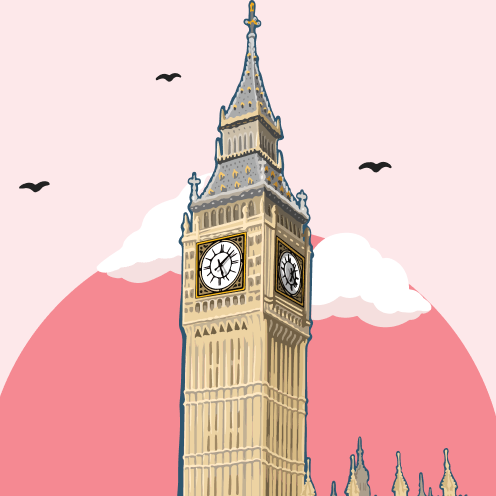Britain’s railways are set to come back into public ownership after legislation to renationalise the train services was passed by members of the House of Lords.
Sources in the government expressed surprise at the speed with which peers voted through the Passenger Rail services (Public Ownership) Bill, but it now only needs Royal ascent to go into law.
The vote in the Lords means that Sir Keir Starmer’s government has achieved its first major public service reform since coming into office on 5 July.
It is also a major victory for the besieged transport secretary Louise Haigh, whose job prospects were being questioned recently after her comments about the hire and fire practices at P&O Ferries led to its owner DP World threatening to withdraw £1 billion of investment.

Ms Haigh has been leading the push for socialist reforms in the government not just on rail but attempting to bring bus services back under great public control by handing powers on routes to local authorities.
Following the vote in the Lords, Ms Haigh said: “For far too long, passengers have been failed time and time again by our privatised, fragmented railways. Not on my watch.
“This landmark Bill is the first major piece of legislation to complete its passage through Parliament under this Government and is a huge win for passengers.
“We are switching tracks by creating a unified, simpler and more reliable rail network that will serve the people who rely on it every day.
“It marks the first milestone in overhauling our railways to fix decades of failure, improve services and deliver journeys we can all be proud of.”
Labour believes that the transfer to public ownership will stop up to £150 million being squandered every year in train operator management fees.
The rail networks will now come into public ownership under the new operating body Greater British Rail, which will be set up via the bill. As private sector contracts come to an end, Greater British Rail will take ownership and control of the lines.
The railways are expected to be renationalised by the next election.
Ms Haigh has described herself as “the passenger in chief” making it clear that she wants the service to focus more on the people who use it.
Before peers debated the remaining stages of the bill she repeated her claims that the rail network as it is currently operating “is broken”.
“Cancellations have soared to record levels, fares have risen almost twice as fast as wages, and taxpayers are paying through the teeth to prop up a failing system.”
Ms Haigh spelled out what she intended to do about it: “Labour will deliver a publicly-owned railway that puts the passenger first.”
As the bill passed a senior Labour source described it as “a big moment”.
It appeared to be an important policy victory at a time when Keir Starmer’s government has been beset with criticism over tax rises in the Budget including on farms and national insurance. Just yesterday more than 10,000 farmers descended on London to protest at changes in inheritance tax which could destroy family farms in the UK.
But with an important policy victory, Sir Keir and his ministers will hope that it shows they are bringing the positive “change” they promised in their election manifesto.
Source: independent.co.uk



